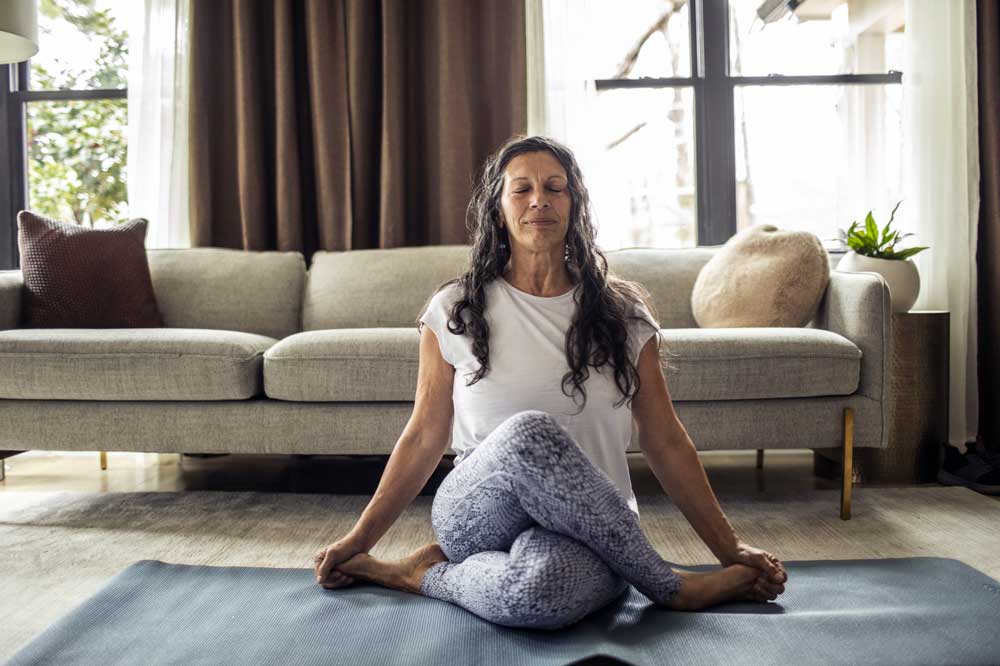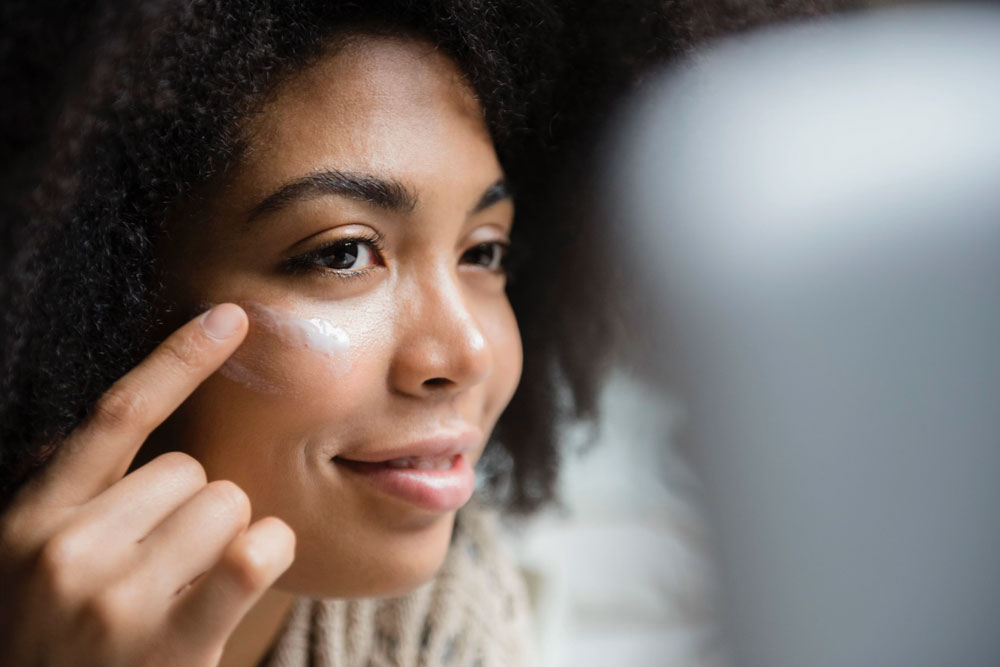What To Know About Senior Health
May 25, 2023

Getting older can bring health challenges. But you can prepare for your senior years by being aware of common conditions and ways to make healthy choices.
All of your health is linked. Heart health is connected to gut health. Oral health is key to overall health. Mental health plays a role in physical health.
There are ways to prevent serious health conditions like diabetes, heart disease and strokes. Take precautions if you have a history of these in your family.
Sylvia Lynch, a registered nurse and case manager with BlueCross BlueShield of South Carolina, shares ways older South Carolinians can improve their health as they age.
Prioritize health
The usual health guidelines apply as you get older.
Eat a healthy diet. Opt for whole foods, like fruits and vegetables. Avoid or limit foods with chemicals in them. Eat more leafy greens. Increase your fiber. Limit sugar.
Exercise regularly. The American Heart Association® recommends 150 minutes per week of moderate aerobic activity. That's just 30 minutes per day for five days.
Move throughout the day. Even light activity can help you avoid health risks from being inactive.
Take your medications as instructed by your doctor. Take care of your oral health by brushing teeth and flossing.
Get plenty of rest. Sleep is key to your health. Adults need seven to nine hours of sleep each night.
These health tips can prevent serious conditions such as strokes and heart disease. Strokes are the leading cause of long-term disability in the U.S. South Carolina has the ninth-highest death rate from strokes in the nation.
Other ways to prevent strokes:
- Get your blood pressure checked.
- Use less salt.
- Limit alcohol.
- Quit smoking.
Start early
Young people can build a healthy foundation to help them as they age. In your 20s, you can make healthy choices that will help you live longer.
“In your 40s, set goals for your senior life,” Lynch says. “It is very important to plan ahead of your senior adulthood.”
Understand the types of care available: assisted living, independent living and skilled living. Know the cost and plan as much as you can. Prepare your paperwork. This includes a will and financial documents.
Challenge your mind to keep your brain healthy with:
- Books.
- Journals.
- Puzzles.
- Games.
- Hobbies.
Take care of mental health
The number of people struggling with mental health has risen sharply in recent years. This is true of seniors, as well. About 25 – 30 percent of older adults have reported mental health disorders since 2020.
Fewer older Americans seek help for these disorders. Less than 50 percent of older adults with mental health or substance use disorders receive treatment, according to the U.S. Substance Abuse and Mental Health Services Administration.
Seniors can struggle with anxiety, depression and substance abuse. People 65 and older account for about 18 percent of suicide deaths.
It is important to understand these conditions can be chronic in this population, Lynch says.
“If you feel like someone you love is suffering with a mental health disorder, it's important for people who are close to them to talk about it with them. Be open with them,” she says. “Let them know it is OK to feel this way. There are things you can do to help.”
Medication isn’t always required. It helps to have someone listen to you. There are things you can do at home to improve mental health if you don't want to see a doctor or counselor.
Get outside. Enjoy the sunshine. Spend time with those you love. Make friends at church or other groups.
“If that doesn't work, if you don't feel better, if you don't find yourself enjoying life, then go see a doctor,” Lynch says.
Stay social
An great way to maintain health is to stay active and social. Studies show relationships reduce stress and other heart-related risks. They also improve mood.
“It's important to be around people who love you. It's important for you to feel needed and wanted. It's important for you to have a purpose,” Lynch says.
Find a local group for walking. Meet with friends often. Join a book club.
“It's important just to have hobbies, even if they’re not hobbies you have to leave your house to do,” she says.
Keep to a routine
Regular activities and daily schedules can help your mental and physical health. Routines build structure. Structure can decrease anxiety.
“Do not just sleep your day away. Wake up at a set time. Go to bed at a set time. Have activities that you plan to do each day, even if it's crossword puzzles,” Lynch says.
In the morning, think about what you plan to do that day. Remind yourself of the date or the season. This gives each day a purpose.
“Waking up, looking at a calendar, knowing what day it is, knowing what time it is, knowing what season it is — those may seem minimally important, but they are very important. These little things give you control,” she says.
Get vaccinated
Vaccines are important at all ages. The Centers for Disease Control and Prevention (CDC) recommends everyone 6 months and older get a flu shot every year.
The CDC also recommends:
- A tetanus, diphtheria and pertussis booster every 10 years. This is also called Tdap.
- A pneumococcal vaccination.
- A shingles vaccination.
- A COVID-19 vaccination and boosters.
Talk to your doctor about other vaccinations based on your health history.
The American Heart Association, the U.S. Substance Abuse and Mental Health Services Administration, and the Centers for Disease Control and Prevention are independent organizations that provide health information you may find helpful.
This page contains links to third party websites. Those parties are responsible for the contents and privacy policies of their websites.
Related Reading
 Build Better Sleep for Improved Health
Build Better Sleep for Improved Health
Getting enough sleep is one thing you can do to improve your overall health. Yet many Americans are not clocking enough sleep in their daily routines. We share some ways to get better sleep.
Read More 6 Healthy Heart Habits
6 Healthy Heart Habits
Heart health is central to overall health. One BlueCross health and wellness coach shares simple ways to live a healthy life for your heart.
Read More 7 Tips for Healthy Aging
7 Tips for Healthy Aging
September is Healthy Aging Month, a good time to focus on creating habits that can improve physical and mental wellness for everyone as they age. One of BlueCross’ certified health and wellness coaches offers some advice for boosting your well-being at all ages.
Read More


















